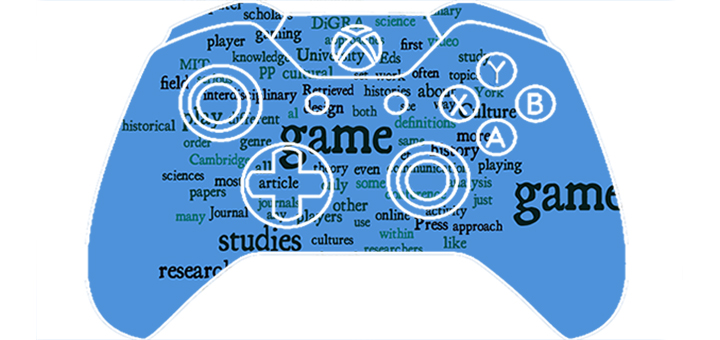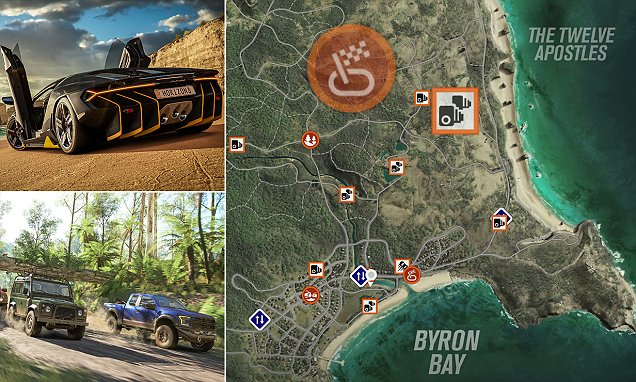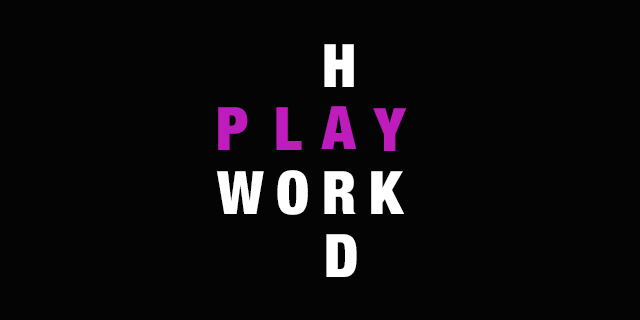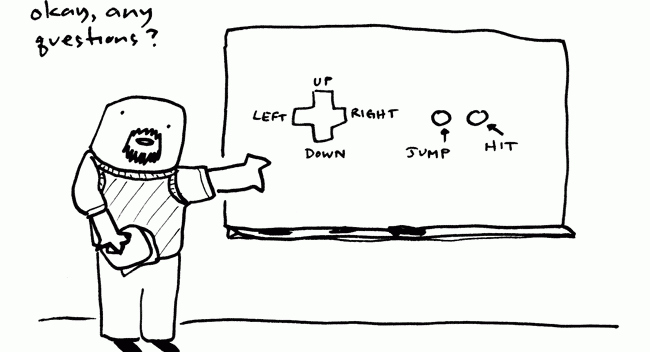Episode 158: The Two Jaakko Problem: The Problem of Representation in Game Studies (Right click and save as to download, or find us on iTunes, BlogTalk Radio, Stitcher, Google Play, or TuneIn). This week we chat about the perils and pitfalls of having a particular history of a the field of game studies laid out in a journal […]
game studies
In a recent article, “Apparent Feminism as a Methodology for Technical Communication and Rhetoric,” Erin Frost proposes a new methodology through which to understand the impact of technology and technological documentation: apparent feminism. Apparent feminism, she writes, “seeks to recognize and make apparent the urgent and sometimes hidden exigencies for […]
A lot of Game Studies proper deals with representation in games, particularly surrounding things like race, gender, sexuality, class, and body type. That may seem like the most basic statement ever (like, duh!), but as I think more about studying games as Game Studies, I need to answer questions about […]
It’s that time of year for academics. The time when we are frantically trying to finish our course planning for fall classes (done!) and do something…anything to make ourselves feel like we’ve made adequate progress on our research projects over the summer. Did we read enough articles or books, did […]
In academia, there are constant fights about disciplinary boundaries: you can’t teach ethics in a course: that belongs to philosophy; you can’t say the word history in a course description; you can’t touch certain authors. Disciplinary boundaries can be a good thing: they let scholars know they have a home; […]
In my last post, I talked about the fact that my own liminal position as someone working concurrently within several fields—namely, literary studies, game studies, and women’s studies—has caused me to think a lot about how it is I might make use of these fields’ overlapping and similar concerns to […]
The fall semester began last week at Purdue, and I’ve been spending some time this past week catching up with other members of my cohort and meeting with professors to discuss my research goals. And I’ve been thinking about a few things as a result of these conversations—conversations that, of […]







